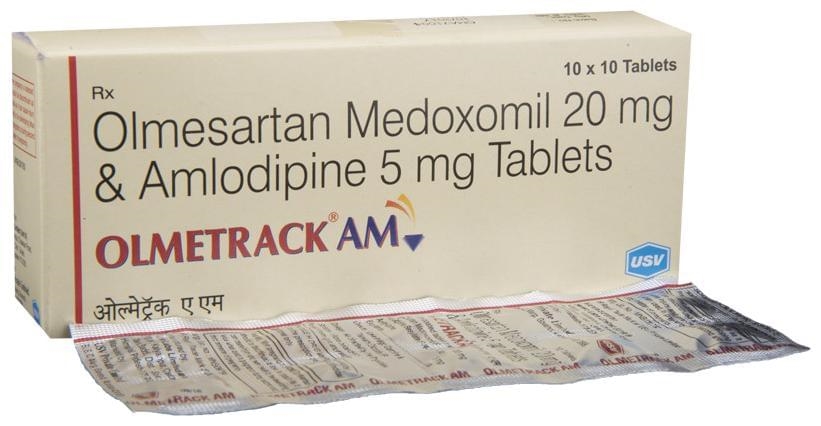Interferon Beta-1A
Interferon Beta-1A is a recombinant human interferon, a type of protein that is naturally produced by the body to help fight infections and regulate the immune system. This medication is a synthetic version of the natural interferon, produced through biotechnology. It is used primarily for the treatment of relapsing forms of multiple sclerosis (MS), a chronic disease that affects the central nervous system.
Interferon Beta-1A works by reducing the frequency and severity of relapses in MS patients, thereby slowing down the progression of the disease. It is believed to achieve this by modulating the immune system, reducing inflammation, and preventing the destruction of myelin, the protective covering of nerve fibers.
The medication is available in two forms: as a subcutaneous injection and as a nasal spray. The subcutaneous injection is typically administered once or twice a week, while the nasal spray is used daily. Both forms of the medication have been shown to be effective in reducing the number of relapses and improving the quality of life for MS patients.
Interferon Beta-1A is generally well-tolerated, but some common side effects may include flu-like symptoms, injection site reactions, and headaches. More severe side effects, such as liver problems and blood disorders, are less common but can occur in some patients. It is important for patients to discuss the potential risks and benefits of this medication with their healthcare provider before starting treatment.

Showing all 4 results
Showing all 4 results

